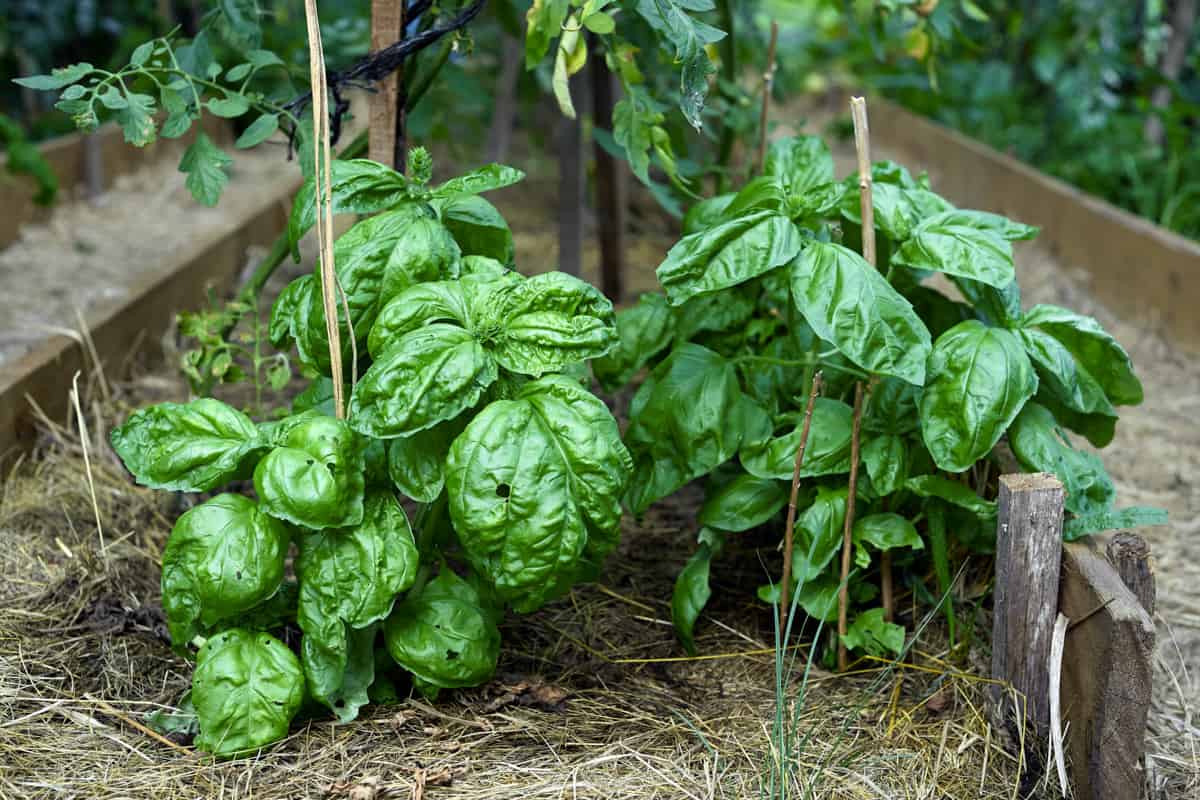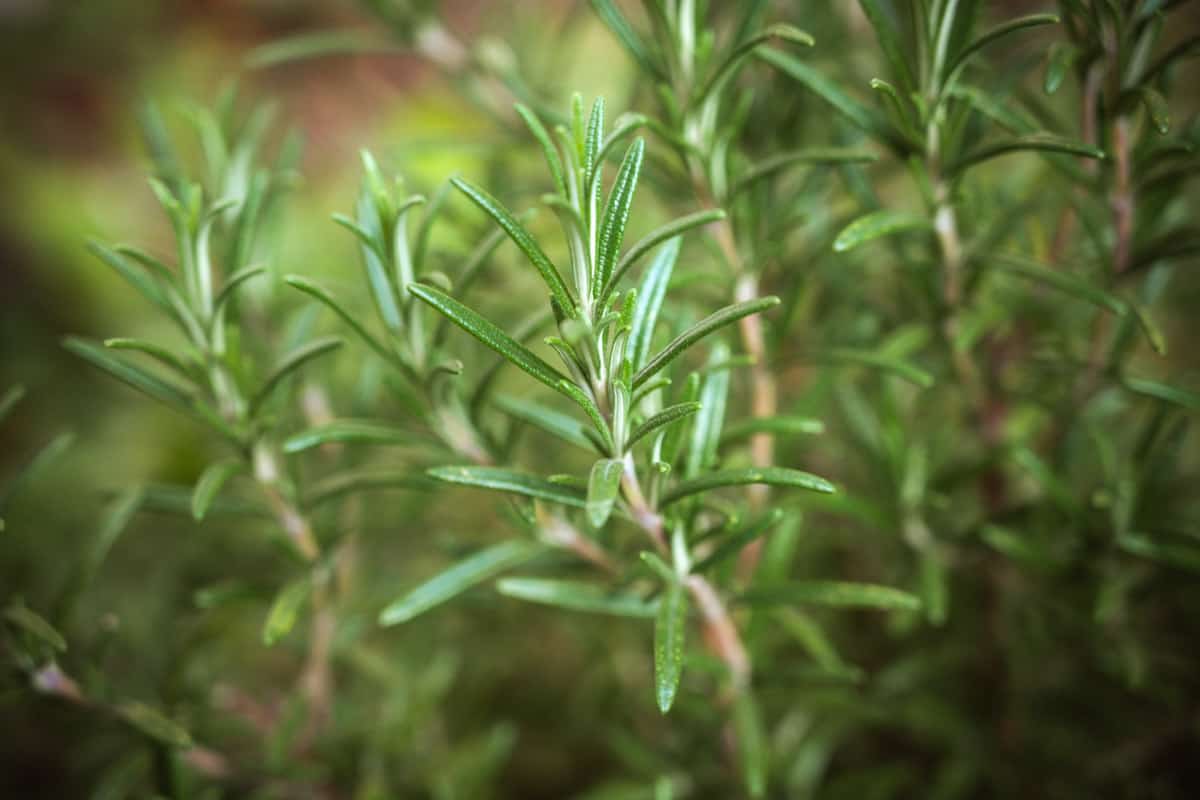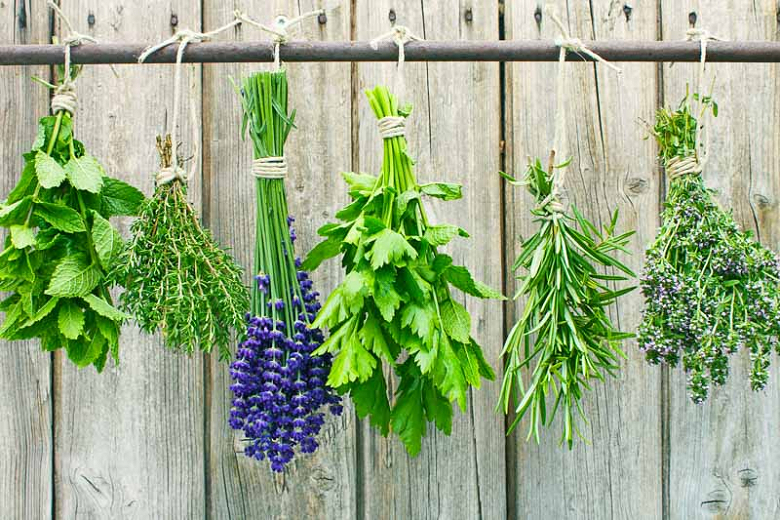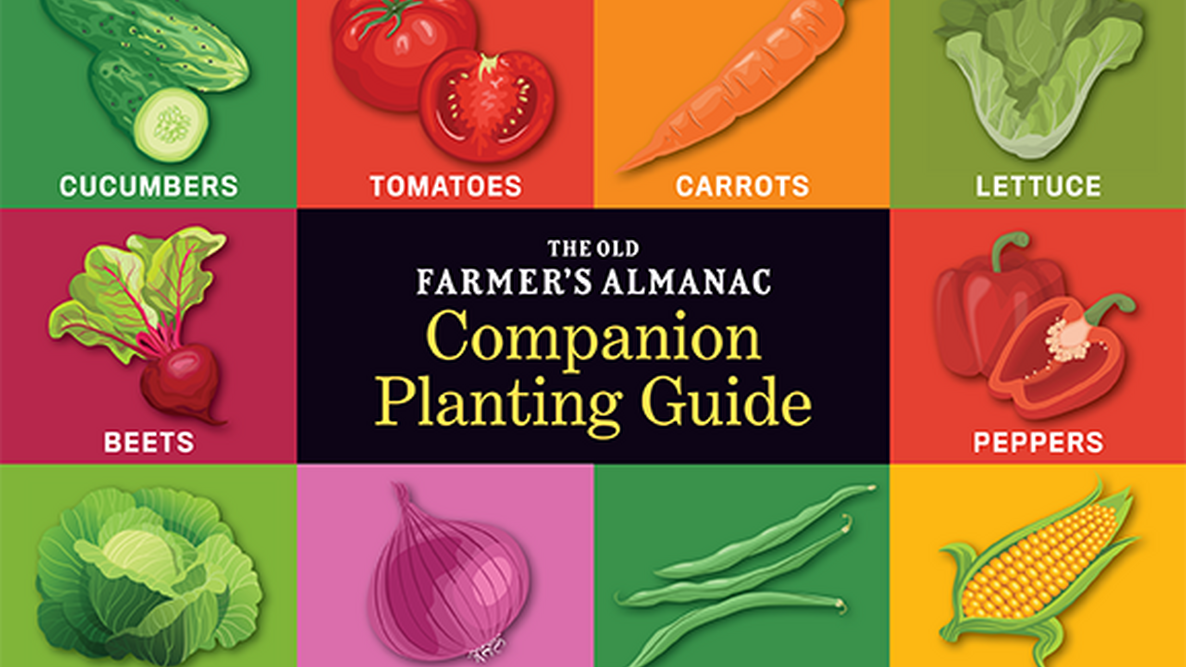Rosemary Bad Companions: What You Should Not Plant Next To Your Rosemary
Rosemary Bad Companions: What You Should NOT Plant Next to Your Rosemary
Rosemary is a versatile herb that can be used in cooking, baking, and even as a natural insect repellent. It's also a relatively easy plant to grow, but there are a few things to keep in mind when companion planting it with other herbs and vegetables.
In this blog post, we'll discuss some of the plants that you should NOT plant next to your rosemary. We'll also talk about some of the plants that make good companions for rosemary, and how to create a thriving herb garden.
What are Bad Companion Plants for Rosemary?
There are a few plants that should be avoided when companion planting with rosemary. These plants include:
- Basil: Basil and rosemary have different water requirements, and basil needs more water than rosemary. This can lead to problems, such as root rot in the rosemary plant.
- Mint: Mint is a vigorous grower and can quickly spread, taking over the space around it. This can crowd out the rosemary plant and prevent it from getting the nutrients it needs.
- Pumpkins: There is some debate about whether or not pumpkins and rosemary make good companions. Some gardeners believe that rosemary can inhibit the growth of pumpkins, while others believe that it can actually help to repel pests. However, it's best to err on the side of caution and avoid planting these two plants together.
- Cucumbers: Cucumbers also require a lot of water, and rosemary is drought-tolerant. This means that the cucumbers may compete with the rosemary for water, which can stress the rosemary plant.
- Tomatoes: Tomatoes and rosemary have different nutrient requirements, and planting them together can lead to nutrient imbalances. Additionally, tomatoes can attract pests that can also damage rosemary plants.
What are Good Companion Plants for Rosemary?
There are a number of plants that make good companions for rosemary. These plants include:
- Carrots: Carrots and rosemary have similar water requirements and can help to deter pests from each other.
- Garlic: Garlic is a natural insect repellent and can help to protect rosemary plants from pests.
- Onions: Onions and rosemary have similar growing conditions and can help to improve the flavor of each other.
- Beans: Beans are nitrogen-fixing plants, which means that they can help to add nitrogen to the soil. This can benefit rosemary plants, which need nitrogen to thrive.
- Peas: Peas are also nitrogen-fixing plants and can help to improve the soil for rosemary plants.
How to Create a Thriving Herb Garden
When creating a thriving herb garden, it's important to consider the needs of each plant. Rosemary plants need full sun and well-drained soil. They also need to be watered regularly, but they should not be overwatered.
When planting rosemary, it's important to space the plants a few feet apart to give them room to grow. You can also add compost to the soil before planting to help improve drainage and fertility.
Once your rosemary plants are established, you can start to think about companion planting. By planting rosemary with compatible herbs and vegetables, you can help to improve the health and productivity of your garden.
Conclusion
By avoiding bad companion plants and planting rosemary with compatible herbs and vegetables, you can create a thriving herb garden. With a little planning, you can enjoy the delicious and fragrant flavors of rosemary for years to come.
Rosemary is a popular herb that is known for its culinary and medicinal properties. However, not all plants are good companions for rosemary. In fact, there are a few plants that can actually have a negative impact on the growth and health of rosemary.
Some of the worst companion plants for rosemary include:
- Basil
- Mint
- Tomatoes
- Pumpkins
- Cucumbers
These plants compete with rosemary for water, nutrients, and space. They can also attract pests and diseases that can harm rosemary.
If you are planning to plant rosemary in your garden, it is important to avoid planting it near these bad companion plants. For more information about which plants are good and bad companions for rosemary, please visit Gardenia Inspiration.
FAQ of rosemary bad companion plants
1. What are some bad companion plants for rosemary?
Some bad companion plants for rosemary include:
- Beans: Beans can compete with rosemary for nutrients and water.
- Cabbage: Cabbage can attract pests that also target rosemary.
- Onions: Onions can release sulfur compounds that can stunt the growth of rosemary.
- Potatoes: Potatoes can harbor pests that can also damage rosemary.
- Tomatoes: Tomatoes can attract pests that also target rosemary.
2. Why are these plants bad companions for rosemary?
The plants listed above are bad companions for rosemary for a variety of reasons. Beans can compete with rosemary for nutrients and water, which can stress the rosemary plant and make it more susceptible to pests and diseases. Cabbage can attract pests that also target rosemary, such as cabbage loopers and aphids. Onions can release sulfur compounds that can stunt the growth of rosemary. Potatoes can harbor pests that can also damage rosemary, such as potato beetles and wireworms. Tomatoes can attract pests that also target rosemary, such as spider mites and whiteflies.
3. What are some good companion plants for rosemary?
Some good companion plants for rosemary include:
- Garlic: Garlic can help to repel pests that target rosemary.
- Herbs: Other herbs, such as thyme, oregano, and lavender, can help to attract beneficial insects that can help to control pests.
- Fruit trees: Fruit trees can provide shade and shelter for rosemary, which can help to protect it from pests and diseases.
- Flowers: Flowers, such as marigolds and nasturtiums, can help to attract beneficial insects that can help to control pests.
4. How can I avoid planting bad companion plants with rosemary?
When planning your garden, it is important to do your research and avoid planting bad companion plants with rosemary. You can also consult a gardening expert or a gardening book for more information on companion planting.
5. What are the benefits of planting good companion plants with rosemary?
Planting good companion plants with rosemary can provide a number of benefits, including:
- Reduced pest and disease problems: Good companion plants can help to attract beneficial insects that can help to control pests. They can also help to improve the soil quality, which can make the rosemary plant more resistant to diseases.
- Improved growth and productivity: Good companion plants can help to improve the growth and productivity of rosemary by providing nutrients, water, and shade. They can also help to attract pollinators, which can help to increase the yield of rosemary flowers and fruits.
Image of rosemary bad companion plants
- Basil: Basil and rosemary are both popular herbs, but they do not make good companions. Basil can inhibit the growth of rosemary, and rosemary can make basil taste bitter.

- Mint: Mint is another herb that should not be planted near rosemary. Mint is a aggressive grower, and it can quickly take over a garden bed. Rosemary can also be inhibited by the presence of mint.

- Tomatoes: Tomatoes and rosemary should not be planted together because they can compete for nutrients. Tomatoes are heavy feeders, and they can deplete the soil of the nutrients that rosemary needs to thrive.
- Pumpkins: Pumpkins are another heavy feeder, and they should not be planted near rosemary. Pumpkins can also release toxins into the soil that can harm rosemary.

- Cucumbers: Cucumbers are also a poor companion plant for rosemary. Cucumbers can attract pests that can also harm rosemary.

Post a Comment for "Rosemary Bad Companions: What You Should Not Plant Next To Your Rosemary"